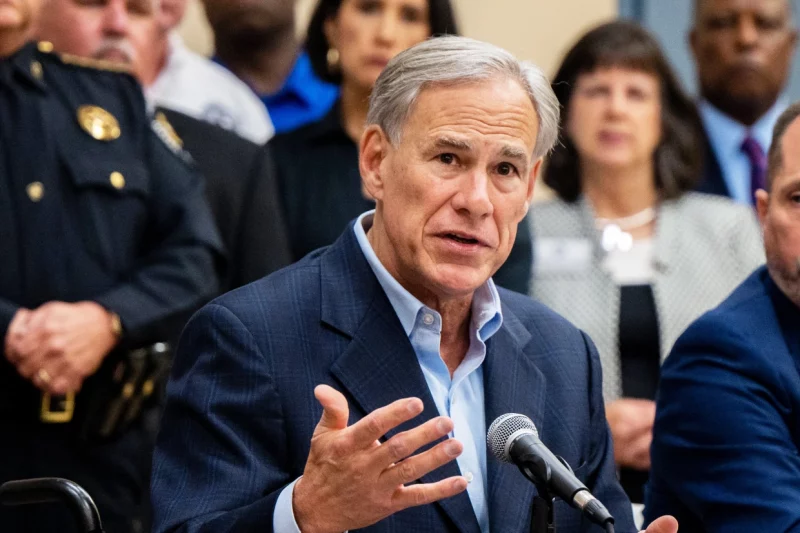Texas leaders outraged by New York Times project on slavery answered with ‘Texas 1836 project’
Share
Explore Our Galleries
Breaking News!
Today's news and culture by Black and other reporters in the Black and mainstream media.
Ways to Support ABHM?
By Scott Huddleston, Houston Chronicle

Outraged by a 2019 New York Times project focused on slavery, Texas leaders answered with the Texas 1836 project.
“We must never forget why Texas became so exceptional in the first place,” Gov. Greg Abbott said at the announcement touting the goal of “patriotic education.”
A committee was appointed by Abbott, Lt. Gov. Dan Patrick and House Speaker Dade Phelan — the state’s top Republicans — and wrote copy for a pamphlet that would be handed out when drivers get a Texas license.
Critics predicted the document would omit historical controversies, racial unrest and social and economic disparities.
While the draft brochure approved by the committee last week doesn’t ignore Texas’ complicated history with slavery — some version of the word is used 11 times — it still may not have gone as far as some hoped.
“Texas is heaven for men and dogs but hell for women and oxen,” the draft quotes an early 1800s saying. It adds, “This was doubly true for the enslaved.”
In a July blog post, Jason Stanford, co-author of “Forget the Alamo,” a book that last year argued slavery was the driving force behind the Texas Revolution, offered criticisms of an early draft of the pamphlet — yet called it surprisingly accurate. He reserved judgment until a final version gets through editing by the state education agency and the scrutiny of legislators.
“When the Legislature passed a law requiring a patriotic teaching of history, I’m pretty sure they didn’t have in mind an honest survey of the role of slavery in the creation of Texas as a country and in the evolution of Texas as a state,” Stanford wrote.
Stanford isn’t the only person to criticize the pamphlet.
Some people view this as a response to the New York Times’ 1619 project, which details slavery in America.
The impact of racism takes center stage in our breaking news section.









Comments Are Welcome
Note: We moderate submissions in order to create a space for meaningful dialogue, a space where museum visitors – adults and youth –– can exchange informed, thoughtful, and relevant comments that add value to our exhibits.
Racial slurs, personal attacks, obscenity, profanity, and SHOUTING do not meet the above standard. Such comments are posted in the exhibit Hateful Speech. Commercial promotions, impersonations, and incoherent comments likewise fail to meet our goals, so will not be posted. Submissions longer than 120 words will be shortened.
See our full Comments Policy here.